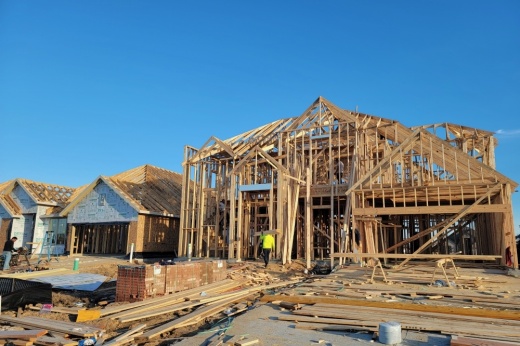To make sure it does, the city implements impact fees, which are added costs onto development projects for roads, water and wastewater. The city to that end hasn’t been shy about raising them—Long said the city tries to have the highest legally allowed.
“It still doesn’t cover the full amount,” he said.
What readers need to know
Impact fees for water and wastewater have been in place for League City since the 1990s, while road impact fees were first approved in 2019, Executive Director of Development Services Christopher Sims said.
Impact fees are just that: dues paid by developers for the impact their development has on the city’s water and road systems. Sims said it essentially is the amount of money needed to offset the cost a home has on the city’s water and road systems.
Without them, Long and Sims said paying for updated or expanded roads and water systems would fall on current residents.
Diving in deeper
League City has seen its property tax rate decrease every year for more than a decade, city documents show. While impact fees do help offset that lack of funding in property taxes, it’s not a perfect replacement, Sims said.
Sims said this is because impact fees have to go toward very specific projects, such as the expansion of a road tied directly to a development.
On top of that, impact fees are only available for when development comes in. Sims said once development slows down, those impact fees will naturally phase out.
To that end, cities that issue impact fees must revisit them at least every five years but can do so every year if they choose, Sims said.
The impact
Long acknowledged that high impact fees may drive away interested developers. However, both he and Sims said there isn’t any sign of that happening.
“You could make the case on the home side we have too much development,” Long said. “We don’t need to be desperate for development. We need to add homes that can pay their way.”





